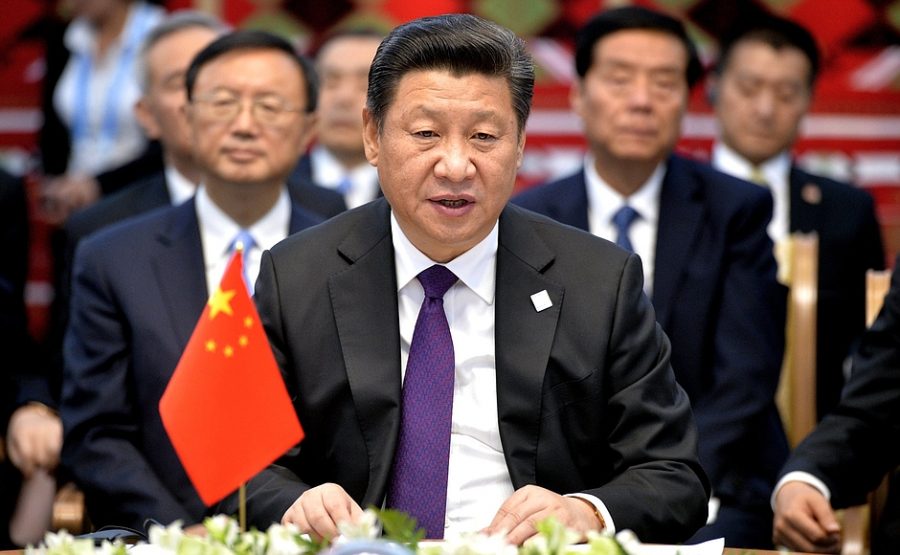How China’s Leaders Sneak Their Wealth Abroad
May 3, 2016
Thousands of small currency exchange shops dot major Chinese cities such as Hong Kong, and the big banks seem aloof of the overwhelming prevalence of the anonymous small transactions that occur at these exchanges. Recently leaked financials connected to Mossack Fonseca, a Panamanian law firm, have shown how China’s “Red Aristocracy” keeps money out of the mainland. Just for starters, among the millions of documents leaked was how a powerful Chinese leader’s granddaughter became the sole shareholder in two of the British Virgin Islands, as merely a teenager. Jia Qinglin, the girl’s grandfather, was reported to be at least the forth-most powerful figure in the Chinese government. Even brothers-in- law of Xi Jinping, the current president of China, have appropriated offshore companies to safeguard their immense fortunes. A great number of both incumbents and figures no longer in office have all reportedly partaken in the embezzlement of trillions of dollars out of China. Over a trillion alone left the country last year, and this, by draining the country’s reserves, undermines the Chinese economy. Nepotism and blatant corruption contradict the moralistic image that Xi Jinping has actively attempted to advertise. In a cynical gesture, Xi Jinping announced in 2015 a relentless anti-corruption campaign that has seen over 300,000 officials punished for breaking corruption laws. However, China’s deliberately cumbersome legal system ensures that the relatives of current leaders will not have action taken against them soon. In documents, it is evident that Mossack Fonseca allowed the politically connected of China to become shareholders easily without so much as a second thought. Although forsworn to end by the government’s anti-corruption office, most of the money leaving China is leaving through Hong Kong. What is stimulating this movement of capital is the foreboding of the Chinese, who doubt the government and live anxious to protect their money. Legally, a Chinese citizen is only allowed to transfer $50,000 a year out of the country, but many resort to illegal, elaborate intrigue to make sure that their money gets out. Illegal currency traders offer services to clients by depositing their money in accounts spread across countries south of China. These accounts are often those of deceased people, and they are popularly referred to as “Zombie Accounts”. The growing sentiment among the Chinese is that the communist party’s days are numbered and that the country will eventually implode under the weight of its massive bureaucracy. Swiftly has Xi acted to censor all mentions of and content related to the leaks, ordering national news agencies to purge all branches and functions of the controversial documents. Of course, not even China’s “Great Fire Wall” can preclude the Chinese from becoming acquainted with the fiasco, for China’s internet security measures have many holes. The papers couldn’t have come more malapropos, as Xi’s administration has lately faced scrutiny for its policies, so much so that Xi had received a public letter a month before the leak asking for his resignation. Security elements began a mission to hunt down this anonymous letter, signed by “loyal members of the communist party,” and it resulted in the arrest of more than two dozen suspected. Chinese leaders may deny their involvement, but the obvious outflow of billions of dollars’ worth of capital only makes the country and its party more vulnerable.











